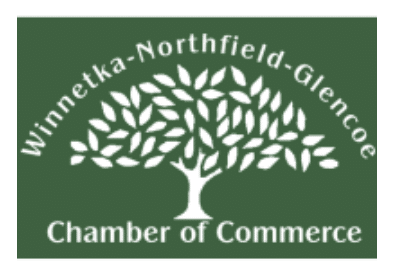If you’re in the thick of an eating disorder or just beginning your recovery journey, the idea of hope might feel like a distant concept—something fragile, maybe even foolish. We understand. Not just because we’re therapists trained to help people heal from eating disorders, but because some of us have walked this road ourselves.
We know what it’s like to live with the constant noise of body shame, food rules, anxiety, and exhaustion. We’ve felt the isolation, the fear of letting go, and the deep belief that without our eating disorder, we’d lose control—or worse, lose ourselves. But we’re here to tell you: there is hope. And it’s not just for someone else. It’s for you.
Eating Disorder Recovery Is Not Linear
Recovery isn’t a straight line. It comes with detours, relapses, and moments of profound resistance. There are times when motivation fades, and the eating disorder’s voice gets louder again. That’s normal—and it doesn’t mean you’re failing. One of the biggest myths about recovery is that you need to feel ready every day. The truth is, recovery is built in the moments you choose to keep going even when you’re not sure why.
At Allium Counseling, we sit with our clients in those exact moments. Not with judgment, not with pressure—but with gentleness and fierce hope. We help you connect to the part of you that wants freedom, even if it’s a whisper compared to the eating disorder’s roar. That whisper matters. It’s where healing begins.
Shifting Relationship Dynamics During Recovery
One of the more complicated aspects of recovery is how it affects your relationships—with family, friends, even your partner. As you heal, the people around you may need to adjust too. Maybe they’re used to the version of you who was always “fine,” always performing, always shrinking—both literally and metaphorically. Maybe they’ve unintentionally reinforced unhealthy dynamics.
Recovery sometimes means learning to speak up. Setting boundaries. Asking for emotional needs to be met instead of trying to control food or your body as a substitute. These shifts can be painful, but they also open the door to deeper, more authentic relationships. We help our clients navigate these changes with clarity and support, because we know healing doesn’t happen in isolation—it happens in connection.
Asking for Help in Eating Disorder Recovery
Asking for help can feel like one of the most vulnerable steps in recovery. It requires humility, honesty, and the courage to admit that our own strength isn’t enough. That we can’t heal in secret, or in silence. That we need others.
Maybe you’ve carried shame about struggling at all—believing you should be able to handle it on your own. Maybe fear has kept you quiet—fear of judgment, fear of change, fear of losing the identity you’ve wrapped around your disorder. We get it. We’ve lived it.
But here’s the truth: asking for help isn’t weakness. It’s strength. It’s a turning point. It’s the moment when your healing can begin to take root. When you stop letting fear or shame dictate your life and start choosing to live the life you were created for—a life of freedom, connection, and peace.
At Allium Counseling, we honor the bravery it takes to reach out. We’re here to offer care, not correction. Understanding, not shame. We walk alongside our clients as partners and guides, holding hope until they can hold it for themselves.
Developing Compassion Toward Your Body
For most people with eating disorders, the relationship with the body is fraught. You may have spent years, even decades, believing your worth depends on your appearance. You may have learned to distrust your hunger, ignore your fatigue, or numb out from your physical self entirely.
Part of recovery is learning to rebuild that relationship. Not to magically love every inch of your body, but to honor it. To treat it as a companion rather than an enemy. At Allium Counseling, we use therapeutic approaches that help you reconnect with your body in gentle, grounded ways—whether that’s through mindfulness, somatic practices, or learning how to respond to shame with compassion instead of punishment.
And we don’t ask you to do this alone. We’re walking alongside you, not from a pedestal of expertise, but from a place of shared humanity. We understand that this is hard. And we also know that it’s worth it.
Eating Disorder Recovery Is Possible
We believe recovery is possible. Not just in the abstract. Not just for other people. But for you. Even if you’re afraid. Even if you’ve tried before. Even if the road feels impossibly long.
Hope doesn’t mean pretending everything is okay. Hope means choosing to believe that healing is possible, even on the days when it doesn’t feel like it. It means allowing yourself to imagine a life that isn’t defined by food rules, calorie counts, or mirrors—but by meaning, connection, peace, and joy.
If you’re ready to take that next step—or even just consider what healing could look like—we’re here. Allium Counseling offers compassionate, expert care for adolescents and adults with eating disorders. And we promise to hold the hope for you, even when you’re not sure how to hold it yourself.
You don’t have to do this alone.







